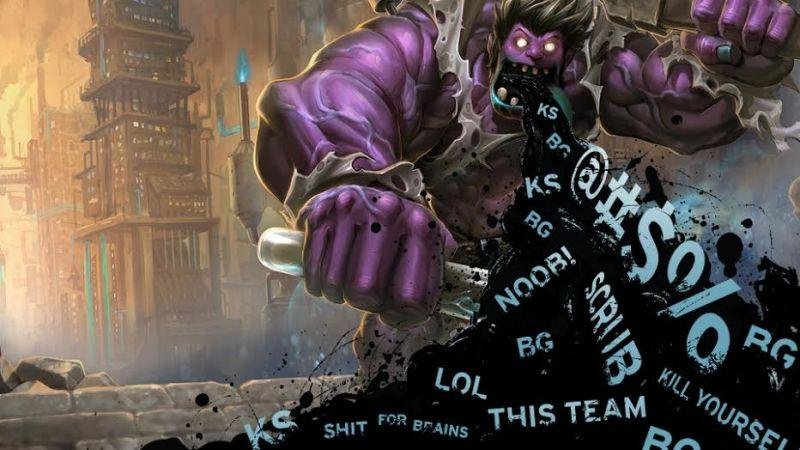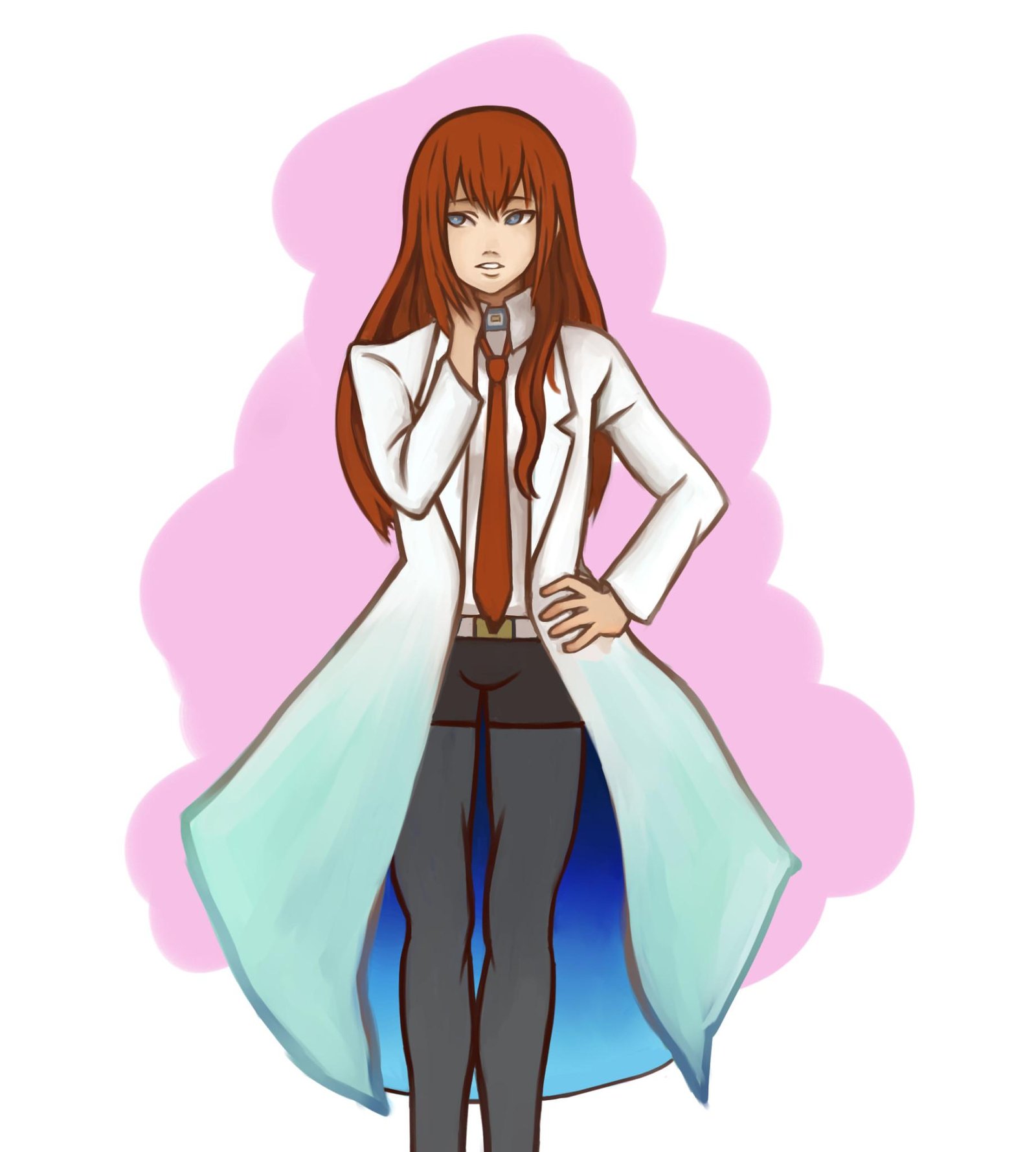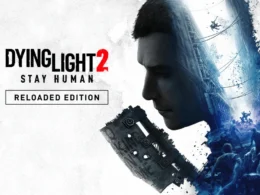Disclaimer: This article is solely of the opinion of the author and does not reflect the collective thoughts and opinions of The Magic Rain and its members.
Every competitive gamer is familiar with this scenario: You’re starting up your game and ready to enter a match. As it begins to load you recite a small prayer because you know you’ll need it for the chaos that’s about to ensue. Moments later the match begins, and to your horror, the terror has already begun. One player is picking a fight with another teammate in voice/text chat, and it doesn’t take long before that negativity starts to spread to everybody else. You eventually lose the game, and along with it, experience a revived loss of faith in the competitive gaming community.
As a semi-competitive gamer myself, I wish this weren’t the case but you can’t deny the truth – toxicity in competitive gaming has always existed and will continue to exist for many years to come. No matter how many measures are taken by the developers, nor how many messages of positivity are spread among the community, it seems like it is reaching deaf ears. Now, why is that? Why does the community respond so badly to losing? Why can’t some people stand it when things don’t go their way?
The simplest answer to that is, “it is the way it is”. Competitive gaming, after all, is a whole new ball park compared to other genres. The very nature of these games test the limits of your abilities, all the while comparing you to others. Games do this by implementing ranking systems, giving players responsibility over their own fate, and providing opponents who would best encourage competition. For some, this drives them to do better, but for others, it is also a gateway to some extremely bad habits.
In an experiment cited by NYMag, they found that a person is more likely to engage in unethical behaviour if they are closer to their opponent. Not because of any personal grievances, but rather, because of concern for social standing. As quoted from Kilduff, “No one’s comparing you with someone far above or below you. It’s your nearest neighbor you have to edge out.” And this is when something called harmful myopia can occur.

Myopia, if you remember your science lessons, is actually the scientific term for nearsightedness. In this case, it refers to a player’s likelihood of focusing too much on their nearest competitor instead of the bigger picture. How many times have you played a match with people who troll or throw the match out of spite? That is a common example of myopic perspective in action.
In the worst cases, people will willingly put themselves into bad situations if it means that their opponent will do worse than them (e.g. throwing the match.) In other cases, people will push themselves beyond what they are capable of just for the chance that they might come out on top (e.g. the last time one of your teammates thought it would be a good idea to ambush a group of opponents by themselves.) I’m sure we’ve all experienced one or the other before, but wait, it doesn’t stop here.
Several studies point to the existence of a self-serving bias in humans that makes us perceive ourselves in an overly favourable manner. This means we tend to view success in our lives as our own doing, but view failures as being caused by an external factor. According to Psychology Today, there are a few situations when this kind of behaviour emerges the most:
1. As a defense mechanism to preserve our self-esteem
Example: When our teammates insult our poor skills, we lash out instead of admitting it because we want to avoid our own failures.
2. As a tool we use to hurt others
Example: To release our anger from losing a match, we blame another teammate for contributing less, even if our accusation isn’t the truth.
3. When we cannot understand why things happen
Example: When we cannot figure out the exact reason why people act the way they do, so we make wrongful attributions and illogical judgements.
4. When we don’t want to accept the responsibility for failure
Example: When it takes less effort to blame others than it does to be responsible for failure and make an effort to improve oneself.
5. When we choose to lie
Example: When it is easier to just lie and put the blame on others, just because “nobody will know the truth”.

All of the above situations occur regularly in competitive games. Just ask any competitive gamer out there and they’ll tell you; everyone knows what it’s like to experience the high stress conditions and feel the weight of their actions on the outcome of the game. And much like regular sports, the consequences of winning or losing are also immediately visible. Coming out of a match and seeing your rank get lowered is never a good feeling, and unfortunately for many in the community, that bad feeling is enough for them to unleash toxic behaviour unto those around them.
As if that wasn’t already enough to deal with, the situation is only worsened by the “privilege” of online anonymity. It is a well-known psychological fact that we are more likely to display more impulsive and unethical behaviour when there are no visible consequences to our actual identity. After all, who is going to take the time to find out the true person behind username Krusher99? That’s right, no one. When toxic players online aren’t being held accountable for their actions, their culture only continues to breed. And when you combine these flawed human tendencies with the intense game environments, there’s no wonder we’re heading down a road with no end.
But if you think that statement is the end all, be all of it – you’re wrong. Now that you’ve read this far, you already have some understanding of why toxicity can manifest even in the nicest of people, and you can make a change from within. In my next article, I will point out some ways you can use this knowledge to help inject more positivity into your next game. Until then, what are your thoughts on the matter?













Really interesting article. It was a good read!